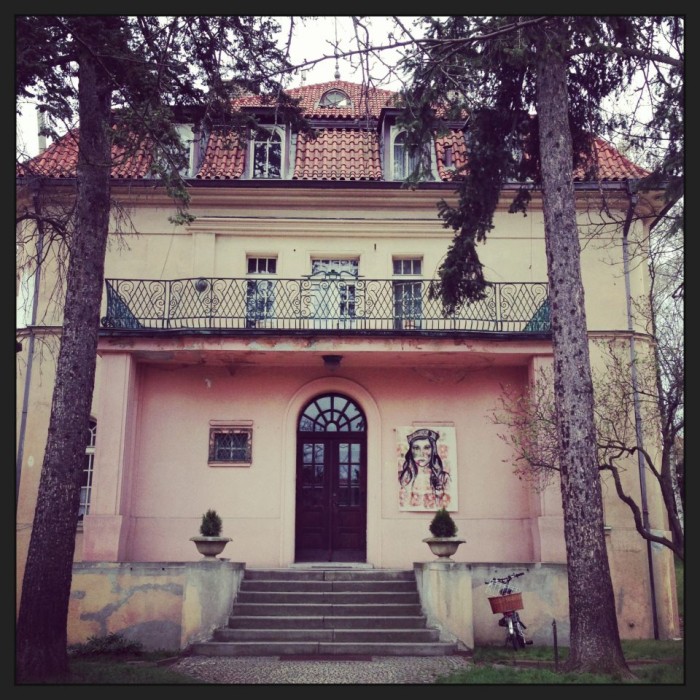History
Our history
Pevnostní 651/8, now known as P651, was built in 1928 by Karel and Margaret Běhal, the grandparents of Ilona Fejér Wiss, the villa’s current owner. The house reflected their professional success in the insurance business. It became a gathering place where their family and friends could enjoy the many aspects of Prague’s cultural life. Their daughter, Edith Běhal, lived there until 1938, when she married Andrew Fejér. They moved to Pasadena, California, where Andrew had a fellowship to study with Theodore von Kármán, a close family friend from Budapest, at the California Institute of Technology.
When war broke out in Europe in 1939, they remained in the United States. That same year, the Běhals escaped to Canada. They never returned to their beloved home. During World War II, the house was occupied by the Nazis. After the war, it was rented to the Archbishop of the Czech Orthodox Church. It was later taken over by the government, but the Church kept the ground floor as offices. The upper floors were divided into two apartments and an artist’s studio occupied the basement.
Ilona Fejér Wiss visited Prague for the first time in 1963 with her mother and a brother. They stood across the street from the house while their mother told tales of her life there. Starting in the mid-1980s, her parents frequently returned to Prague and Central Europe, happily wandering the streets of their childhoods. When President Václav Havel’s government instituted a restitution program following the Velvet Revolution in 1989, Edith Fejér began the application process to regain the ownership of Pevnostní 651. Her fondest desire was to return to Prague and spend the rest of her life in her childhood home.Unfortunately, she died in 1996, without realizing that dream. Ilona Wiss, by then an attorney in Miami Beach, Florida, and her father, Andrew Fejér, continued the legal process and in 2001, the property was returned to their family.
After pondering the future of the villa, the idea to use it as a center for educational and cultural activities was born. Old Běhal family photos, including those of gatherings in the house, provided clues to the kind of events that took place there before the War. One item in particular stands out. A 1935 invitation in German and Czech announced an evening with Franz Kafka biographer and friend Max Brod, who was to speak about the dangerous political situation. From this, it was clear that the house was more than just a place of entertainment, and that it should be revived as a center for international cultural dialogue with a range of creative arts, scholarly convenings, and other activities to enhance mutual understanding and the acceptance of all people as equal members of the world community. Thus it serves as a living memorial to the Běhal and Fejér families.

